Why Are Some Babies SO Much Harder Than Others?
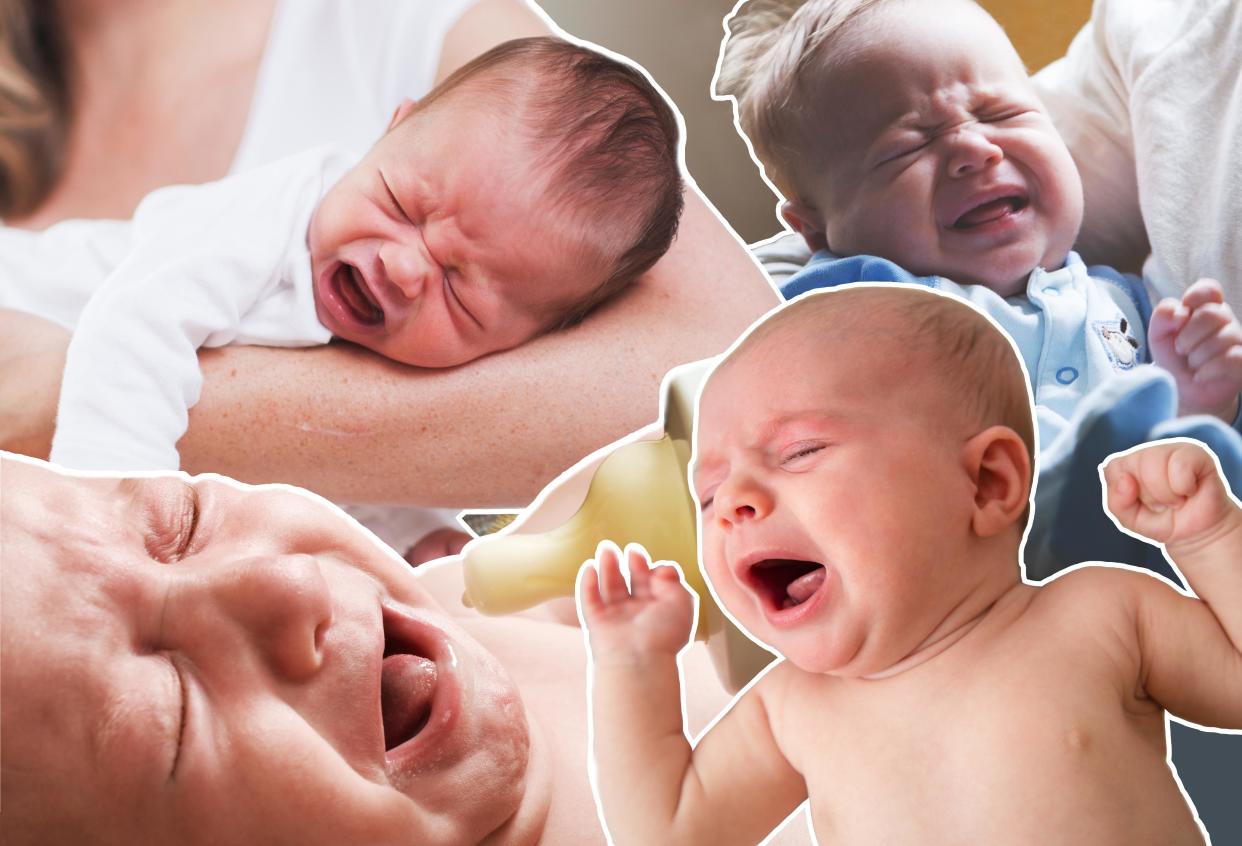
The biggest surprise I had after becoming a mother last year was how much my son cried. For a week or so he was serene, then everything changed. If he wasn’t nursing or sleeping, he was unsettled, his little bird arms flailing as he grunted and whined. And if he wasn’t fussing, he was all-out wailing while my husband and I rushed around like idiots, swaddling, shushing and bouncing him on a banana-yellow birthing ball. A friend with a baby a few months older had lent me a book about “cherishing” the first six weeks and I remember staring at it, unable to wrap my head around the concept. I knew my friend’s newborn hadn’t followed the book’s absurdly rigid schedule, yet I also sensed that some of its suggestions (Put your baby down for a nap and go to sleep yourself! Go out to meals with them while they’re still little!!) actually seemed feasible to her. But “cherishing” anything was simply not on our radar. We were too busy surviving.
People offered different explanations for our son’s apparent misery. His pediatrician told us he had colic ― not the awful cries-for-10-hours-a-day kind, but enough to make it clear something was up. Our doula was the first to say we might have a “high-need” baby after she spent much of her postpartum visit trying, and failing, to calm him. I also suspect that some friends and family thought we were just doing a bad job adjusting to life with a newborn. Every baby cries, they reminded us as he snoozed in their arms, unaware of what we’d be facing after they went home.
At the time, when we were unhinged hermits and every day felt 6,000 hours long, it was immensely frustrating not to have a clear answer. Was he bad? Were we wusses? Was our poor baby suffering from some kind of secret, unknowable pain? Now that I have a happy toddler who generally sleeps through the night, it’s hard to put myself back in that time, but I did keep a journal and for the first four months, my sporadic entries went something like this:
Last night you cried for two hours. It was rough. After you finally went down, you woke up again after like an hour and cried some more, and we’re so tired. Will we ever sleep more than 45 minutes at a stretch? Why all the tears?
I read it now and want to tell my past self to just hang in there, that it will get so much better. But there’s also a small, slightly ticked off part of me that still wonders, seriously—why?
Understanding colic
When parents go looking for answers for an unusually fussy baby, their child’s pediatrician will first check for underlying health conditions like allergies, reflux or other problems. But once those are ruled out, they’ll probably start talking about colic ― generally defined as crying for more than three hours a day, for more than three days a week, over the course of at least three weeks.
The American Academy of Pediatrics estimates that between 10 and 26 percent of infants experience colic, but its specific causes are still unknown. It could be that an immature nervous or digestive system is at play, or that something in the diet (baby’s or mom’s) is causing the turmoil. Recent studies have focused on the possibility that the gut microbiome, which wields powerful influence over so many aspects of health, may be at the root of colic. Some babies have higher numbers of a certain type of gut bacteria that causes gas, leaving them uncomfortable and fussy.
“There is a lot of active research going on. There’s a lot of work going on right now that’s looking at the gut as a potential source of this difficulty ... and there’s another whole set of studies looking at neurological maturation,” said Jennifer Murphy Simms, director of the Fussy Baby program at UCSF Benioff Children’s Hospital Oakland. She added that researchers are looking into possible remedies, like probiotics, but thus far the findings have been mixed.
Many doctors also now talk about the Period of PURPLE Crying, a concept developed to help parents better understand that time in their babies’ lives ― generally between 2 weeks and 3 to 4 months ― when crying peaks. The “P” stands for the peak of crying in a baby’s second month; the “U” stands for the fact that it is unexpected; the “R” stands for the fact that babies resist soothing; the following “P” refers to the baby’s pain-like face; the “L” refers to the fact that crying is often long-lasting (up to five hours or more a day) and the “E” refers to the fact that many babies appear to cry more in the evening.
PURPLE Crying, then, is not a fundamentally different concept than colic. Rather, it’s a different way of framing things, of helping parents view that time as a typical developmental stage, not a problem.
“It’s based on the fact ― the reality ― that crying behaviors are normal, and it helps reassure parents that some babies can cry for as much as several hours a day ... and you’re not failing as a parent if you don’t know how to make the crying go away,” said Dr. Wendy Sue Swanson, a pediatrician with Seattle Children’s.
In other words, all babies go through an early fussy phase. Some babies just make a hell of a lot more noise along the way.
My son, it turns out, was simply one of those babies who had colic, or an intense Period of PURPLE Crying ― or whatever you want to call it. I know this only because at around 4 months old his personality changed again, just as dramatically as it had the first time, but this time for the better. He still got upset, of course, but fussing was not his default mode. The steady crying that had been threatening to pull my new family under just kind of ... dissipated. My husband and I didn’t let ourselves talk about the change for weeks, worried that we’d somehow jinx it. But man, it felt good.
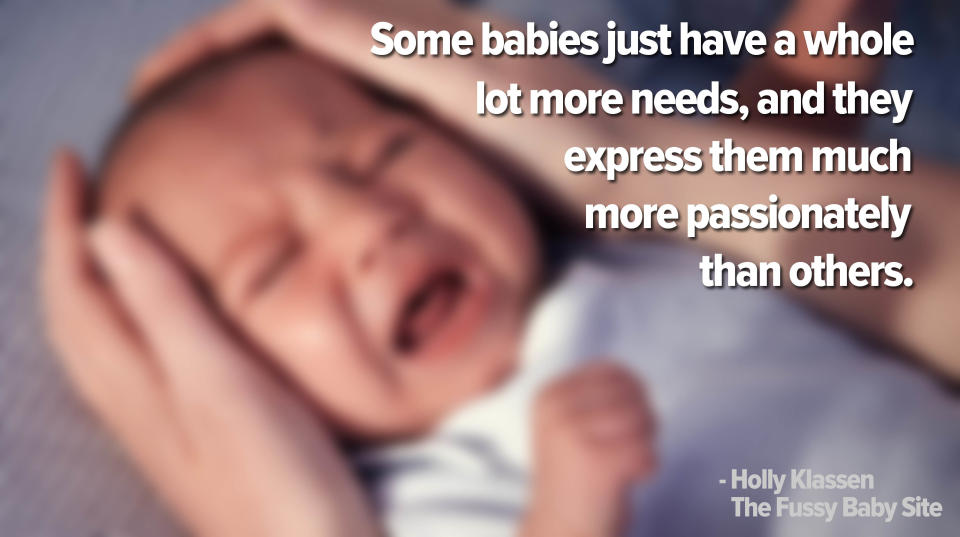
The “high-need” baby
For other parents, the time when colic is supposed to come to an end passes and nothing changes. Adrienne Hodges, a mother of one who has written about coming to terms with her “bad baby,” remembers being crushed when it became clear that her daughter’s crying wasn’t simply going to fade away.
“I was actually desperate for the baby to have colic because that would have meant there was an end in sight right after that four month mark. I was really, really hoping,” she said. “But there wasn’t. She could always be soothed as long as she was constantly held, and I had to be standing.” Hodges came to believe she has a “high-need” baby, a concept popularized by the celebrity pediatrician (and attachment parenting guru) Dr. William Sears. These babies are intense, demanding and extremely sensitive ― and those traits do not necessarily disappear as they age.
Hodges estimates that she and her husband spent several hundred dollars on products they hoped would help soothe their daughter: a vibrating crib-like contraption, a new mattress, different swaddles, teething solutions, a $200 swing. Her daughter’s doctors were kind of “blasé” about the situation, she says, and any comfort she was able to tap into she found online, reading about other parents of difficult, high-need babies.
“Parents don’t feel like people understand them. They’ll hear things like, ‘You’re spoiling him.’ ‘You’re not letting him cry it out,’ or ‘You’re wearing him all the time. You made him this way,’” said Holly Klassen, a freelance writer who created The Fussy Baby site in 2007 when her own baby was 5 months old and crying non-stop. Her son is now 10 and hasn’t lost the traits that made him high-need as a baby, she said. He’s still sensitive and intense, but he has learned to adapt and cope better with the world as he’s aged, even using those traits to his benefit.
What hasn’t changed much in the last decade, Klassen says, is broader awareness of the simple fact that some babies are more difficult than others.
“Some babies just have a whole lot more needs, and they express them much more passionately than others,” she said. “It’s very difficult and isolating, and it’s hard to find that community where people understand you and where you can really connect.”
Supporting parents
One thing all of the experts I spoke to agreed upon, emphatically, is the importance of helping parents when they’re in the trenches with a challenging baby by showing them empathy and, if possible, giving them a break.
Many hospitals, like Seattle Children’s, are looking to strengthen parents’ base of support by educating them about concepts like the Period of PURPLE Crying before they leave with their newborns, so at least they’re not totally caught off guard.
“A lot of it is about telling parents it’s OK to put your baby down on its back, in the crib and step away. Parents don’t feel like they have permission to do that, and we live in a culture where people want babies to be quiet,” said Swanson, of Seattle Children’s. “It’s a really important gift to [make it clear to parents] that they’re not going to be able to make all of their baby’s crying go away.”
It’s also important because the risks associated with parenting a challenging, fussy baby are very real. Having a colicky infant has been tied to postpartum depression, and there is strong evidence that babies who cry excessively are at greater risk of being shaken.
But even when the situation is nowhere near that critical, parenting a difficult baby can feel so lonely. I distinctly recall being at a party and watching the baby of the host, who was probably a month old, relax in a Rock ‘n Play in the corner. He wasn’t thrashing. He wasn’t fussing. He was just kind of OK. And I remember being jealous and, weirdly, angry ― both at my own child and at the parents of that zen baby. It’s embarrassing for me to remember that I ever felt anything other than wholly appreciative of my sweet, healthy boy, and I swear I understood that all parents have their own joys and challenges. Ours were minor. But it’s hard to see through the cloud of colic. It swallows you up.
“I think the hardest part about it is loving your kid, while also wanting so desperately to talk to other people about how they’re ruining your life!” echoed Hodges, who said that now that her baby is 9-months-old, she’s really begun to turn the corner.
“It’s hard to communicate that to people who don’t have challenging babies,” she continued. “You don’t regret anything, but you’re also falling apart.”
Also on HuffPost
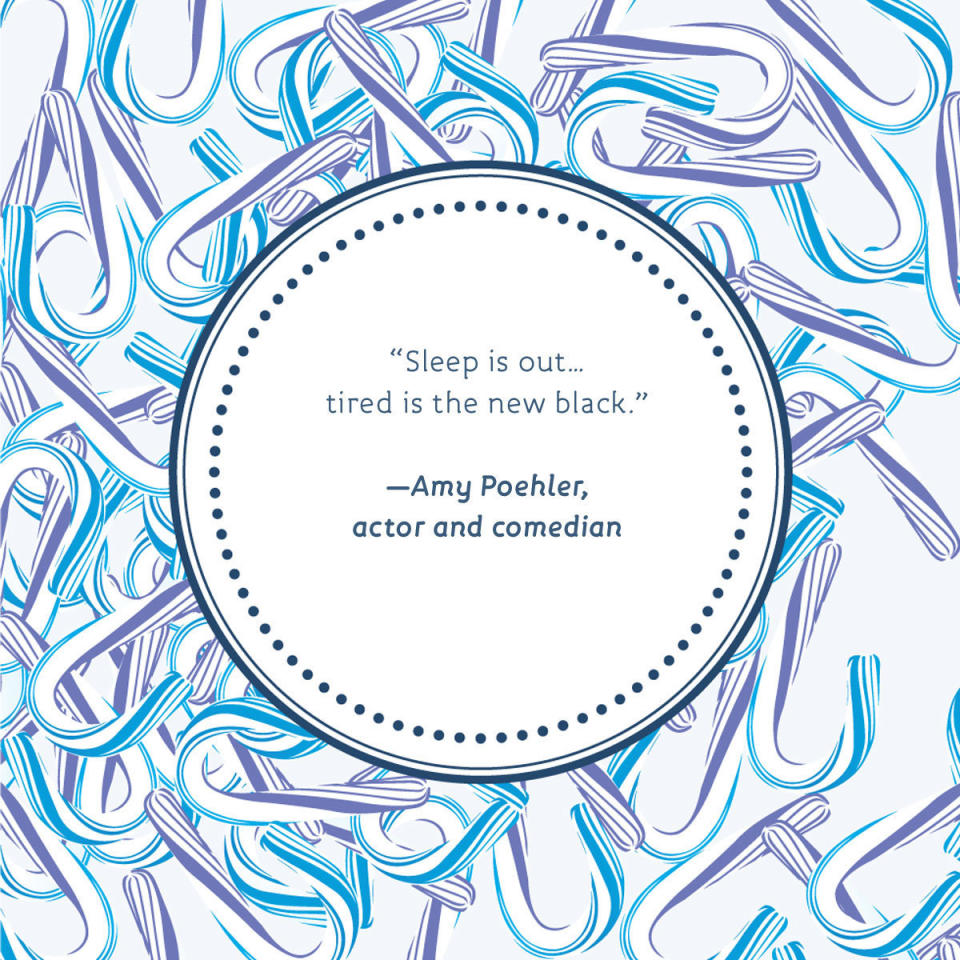
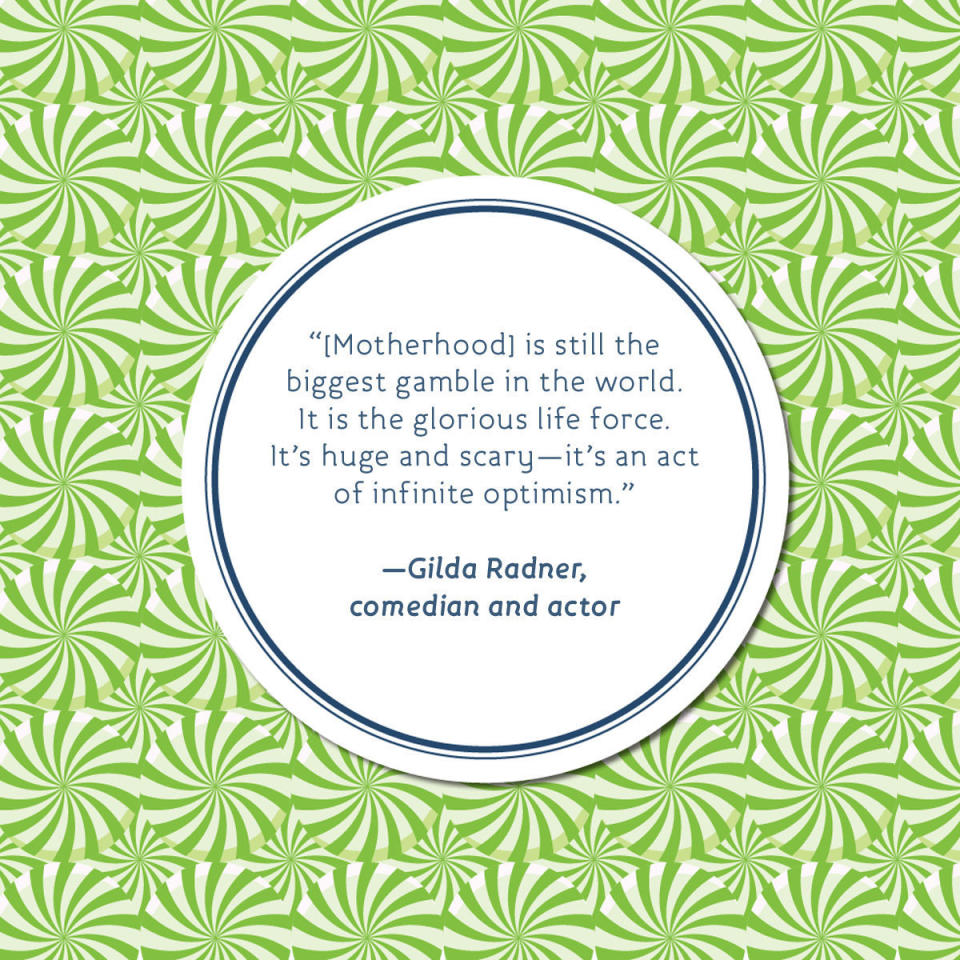

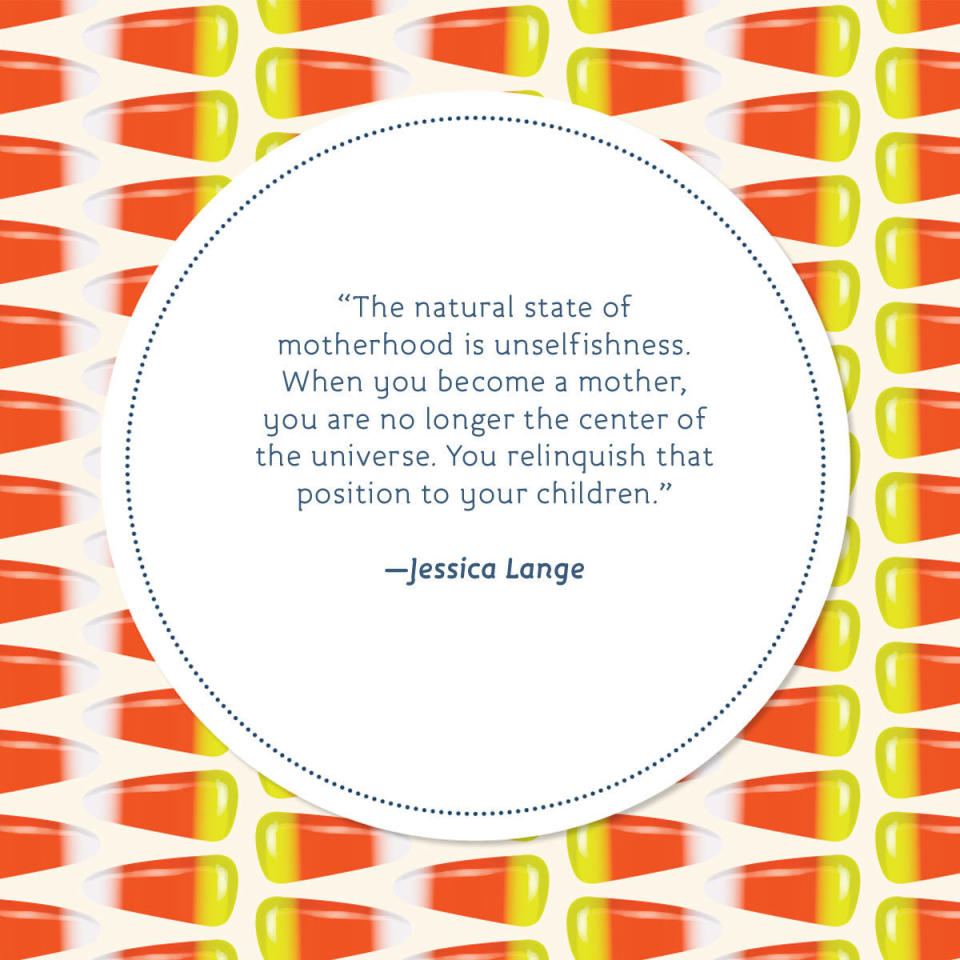

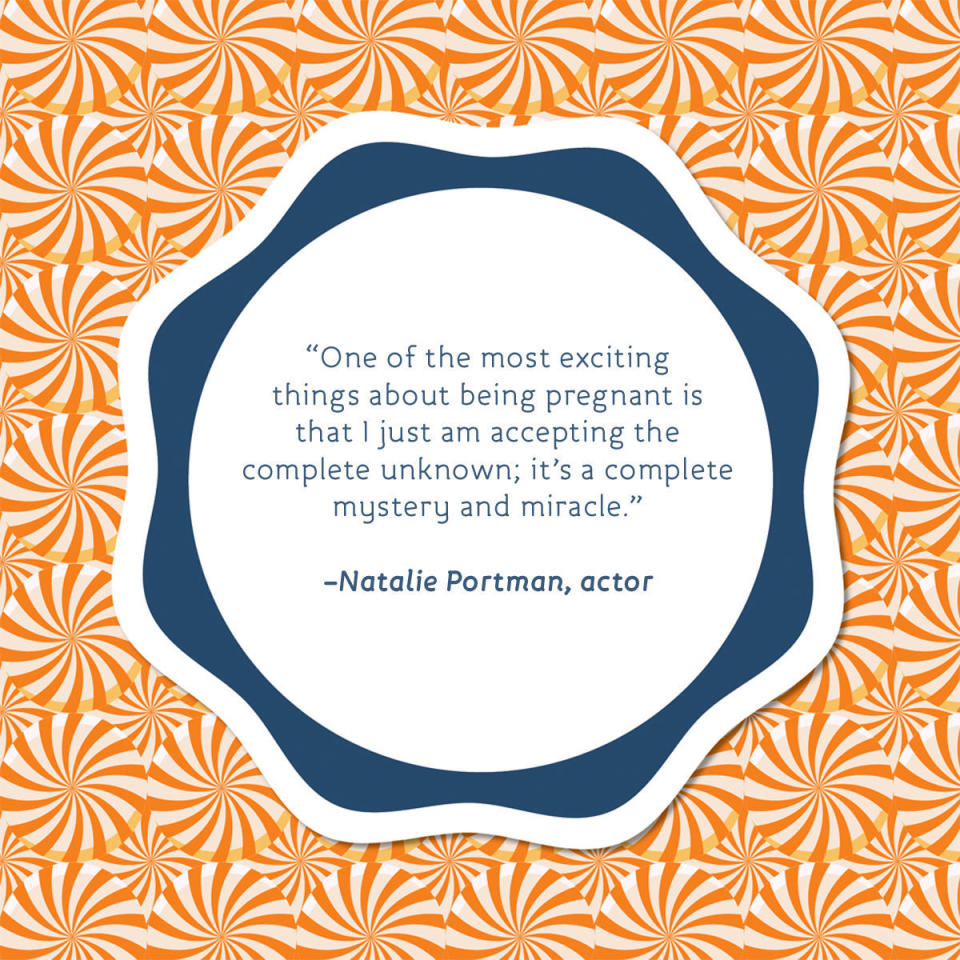
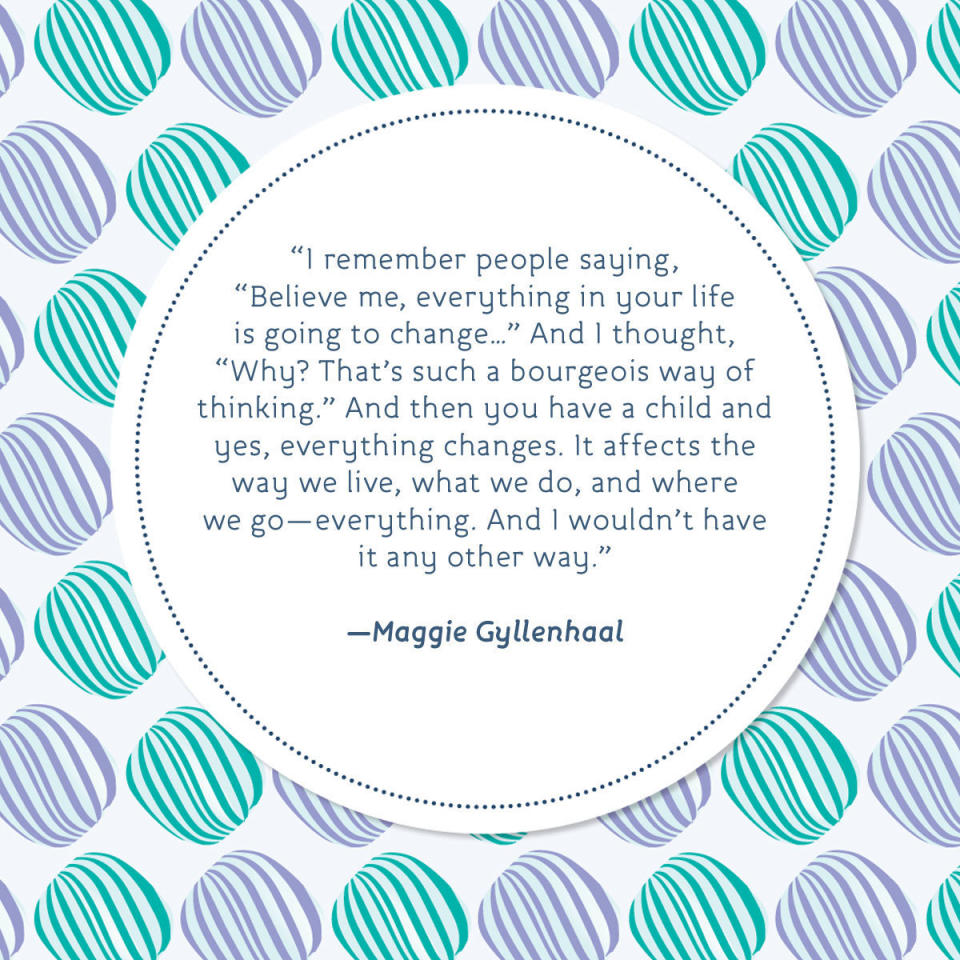

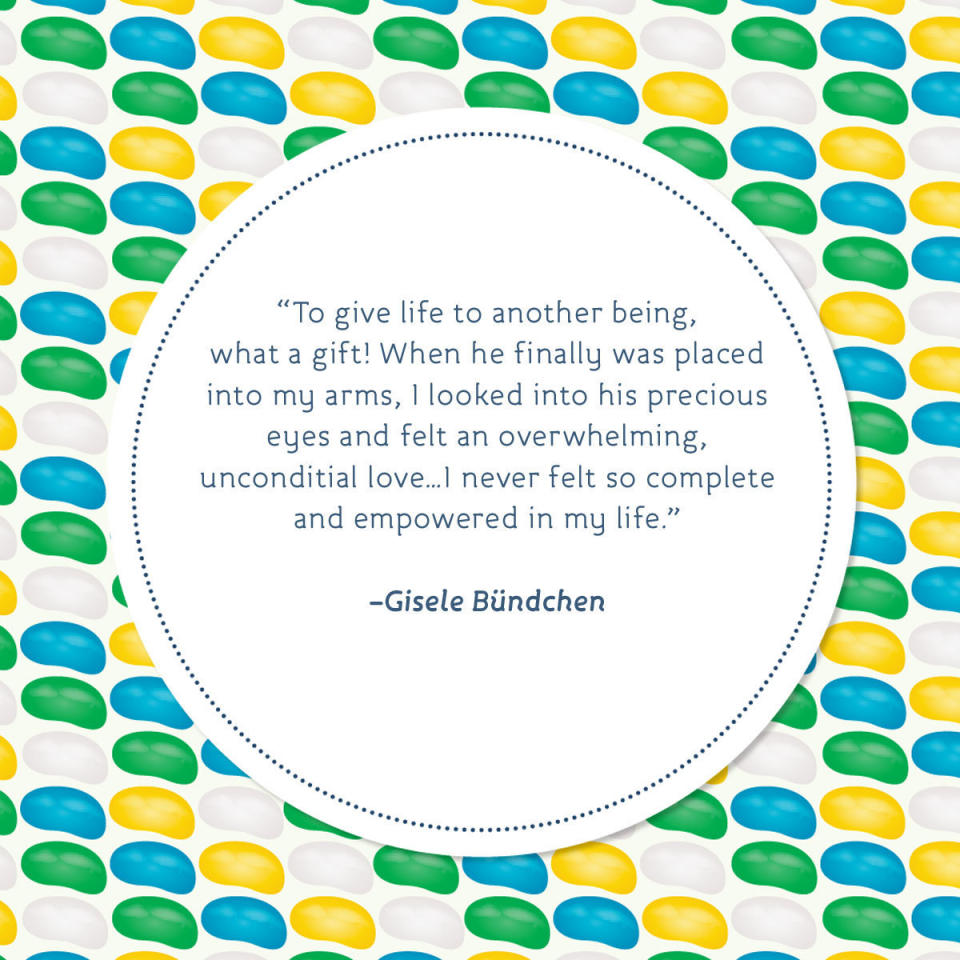


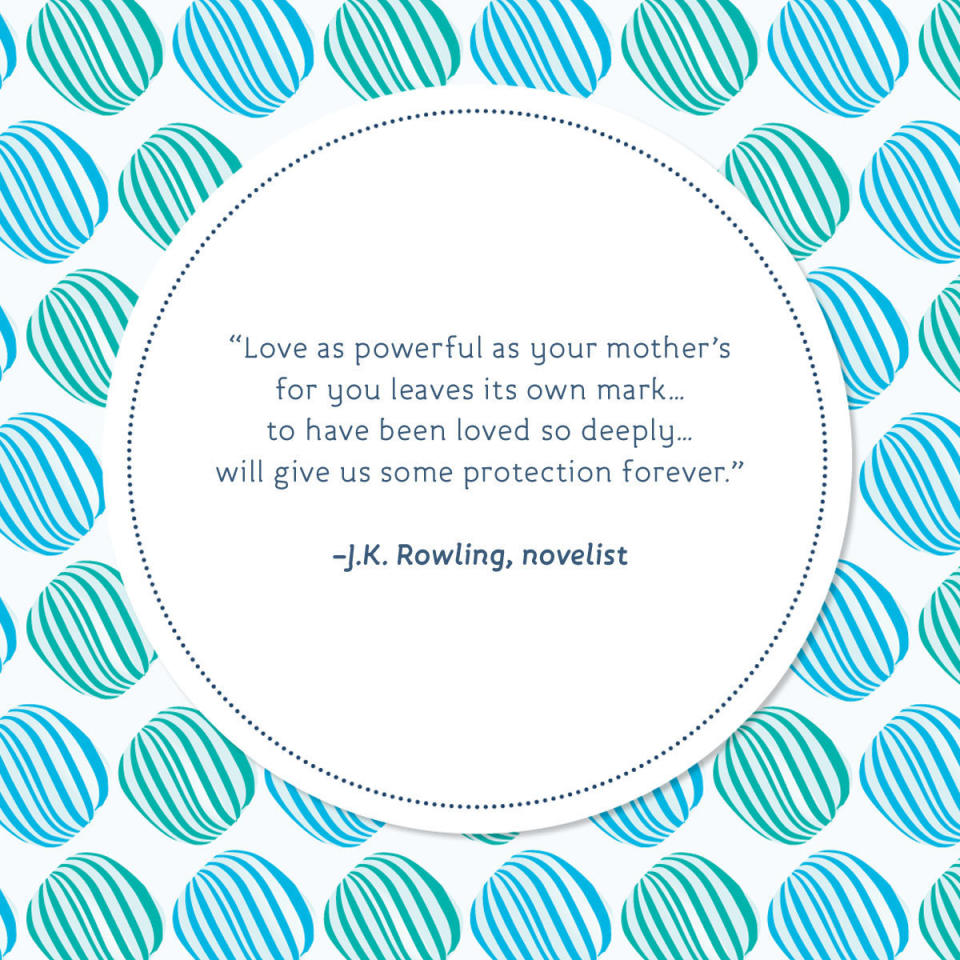
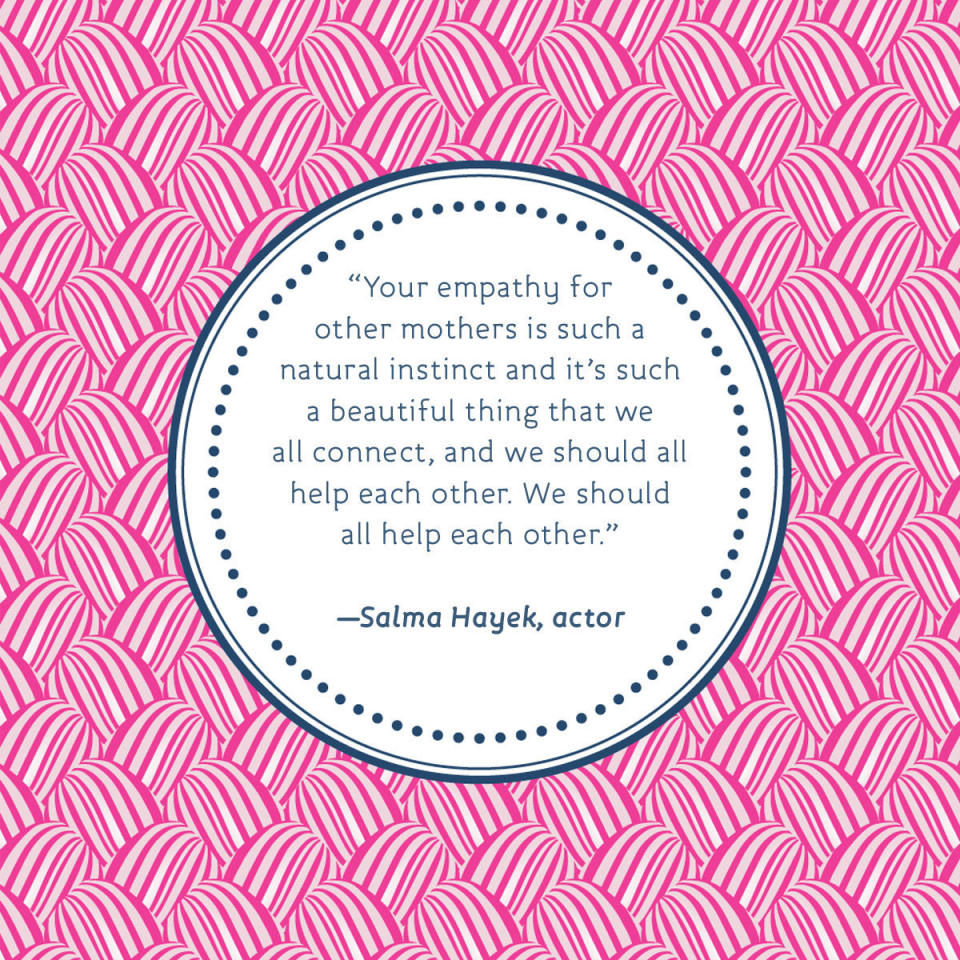
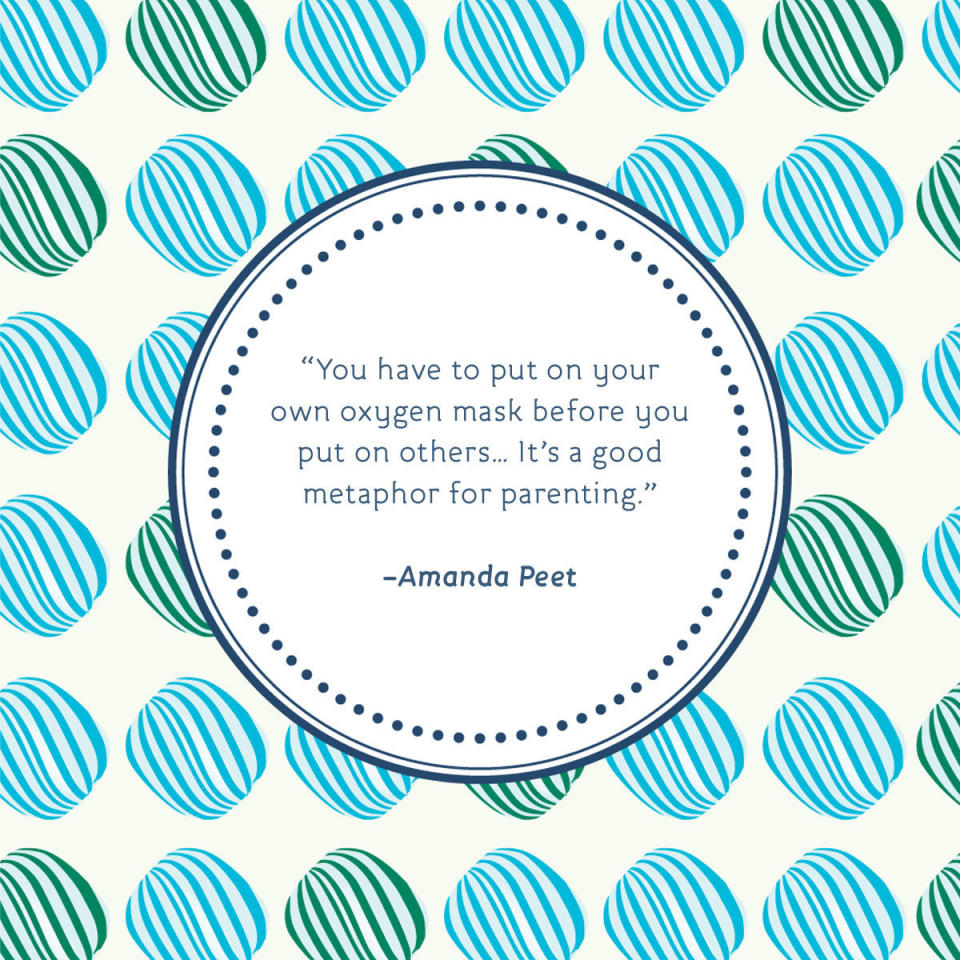

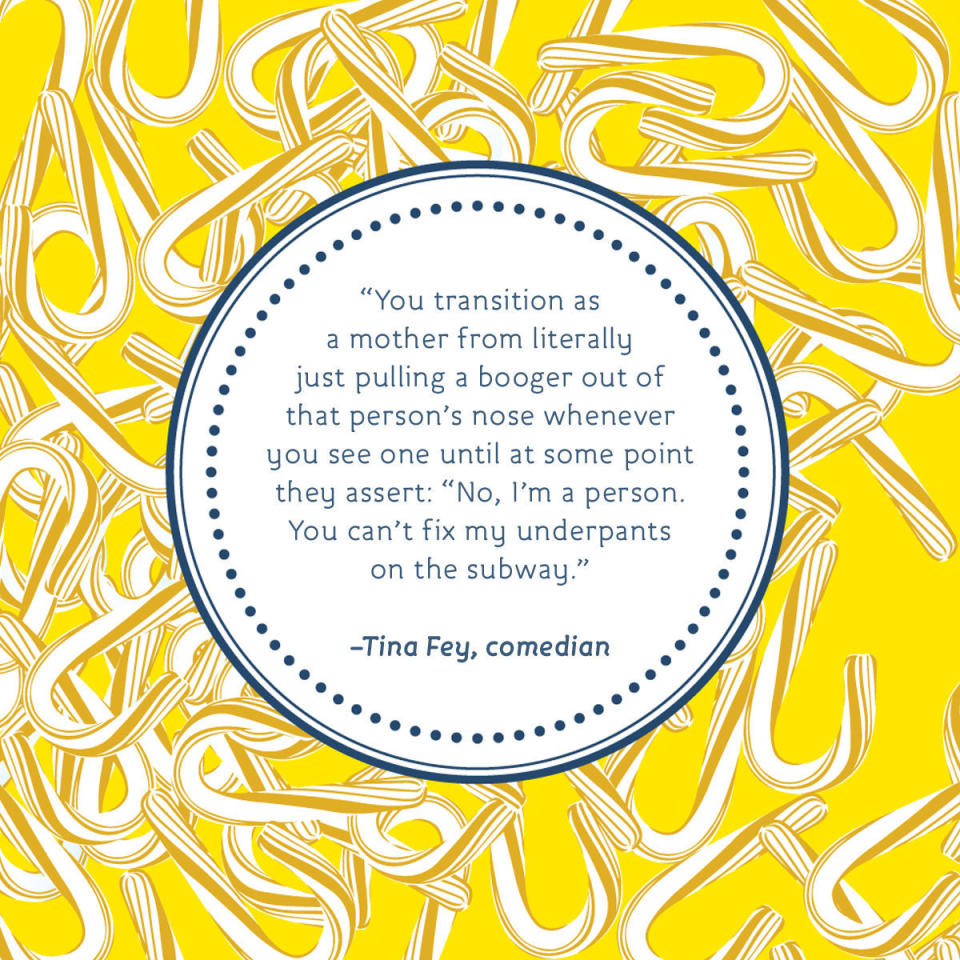
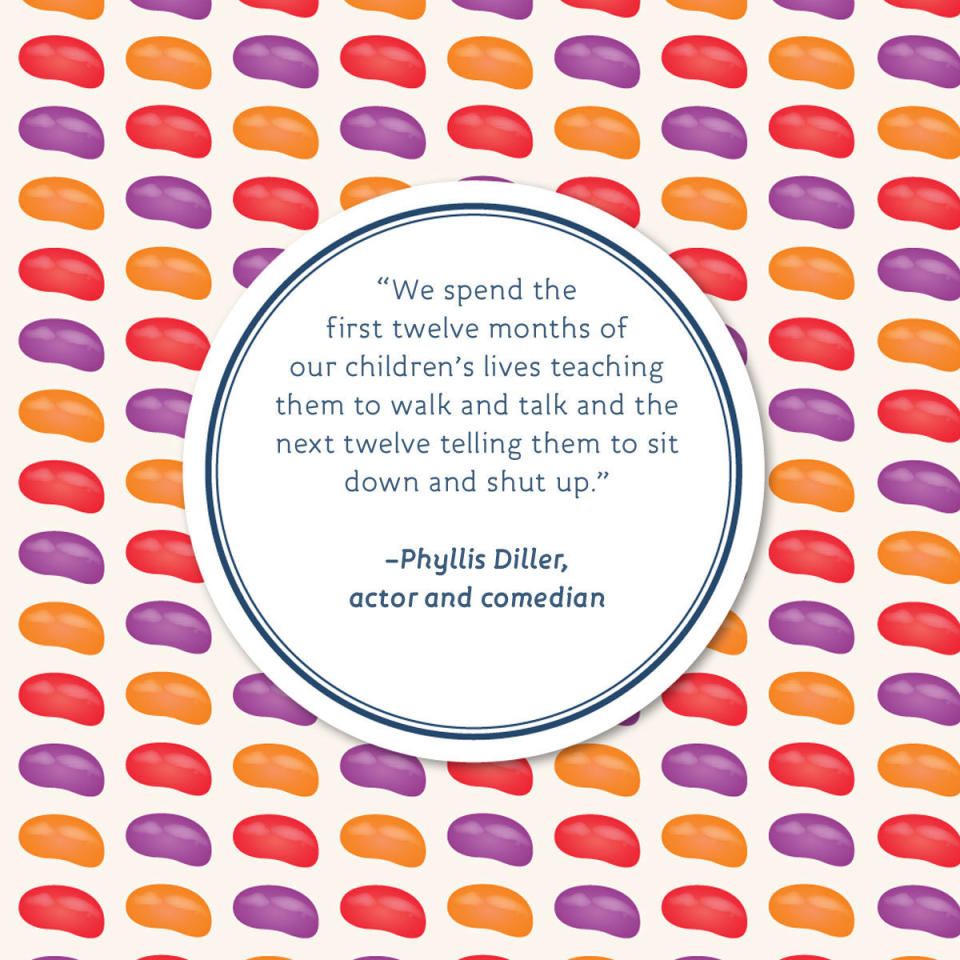
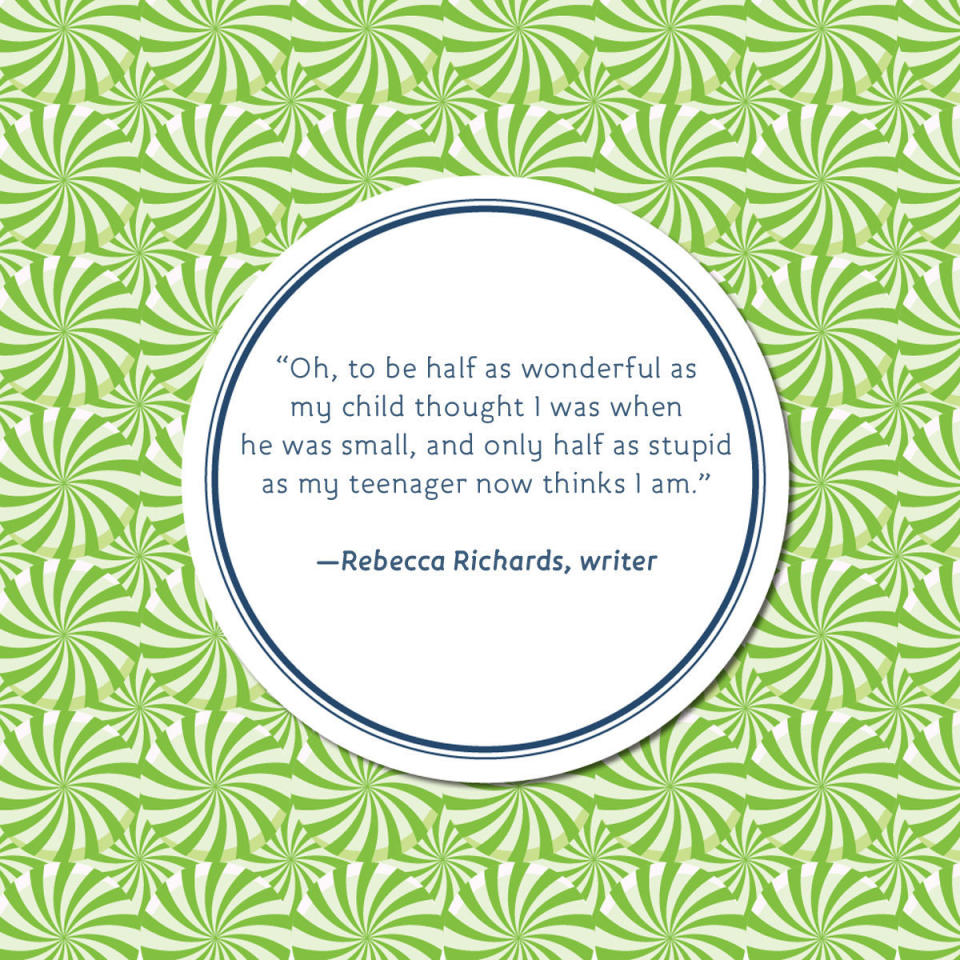
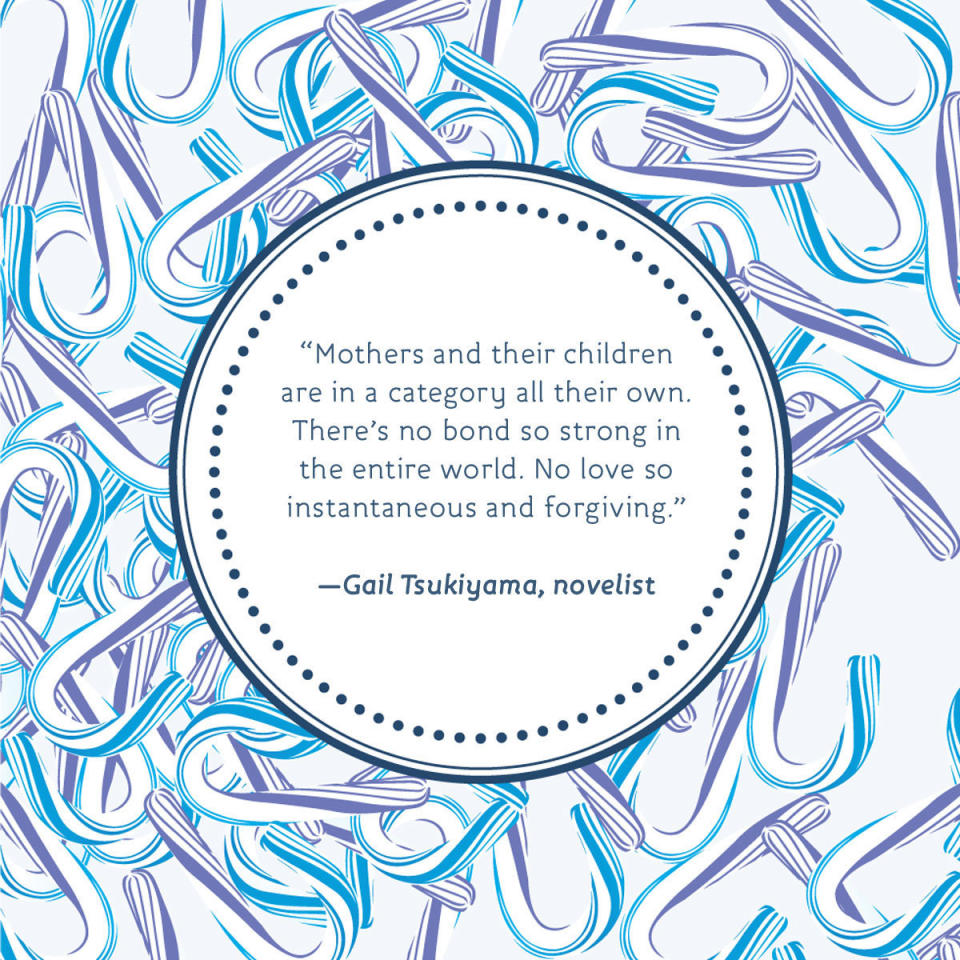
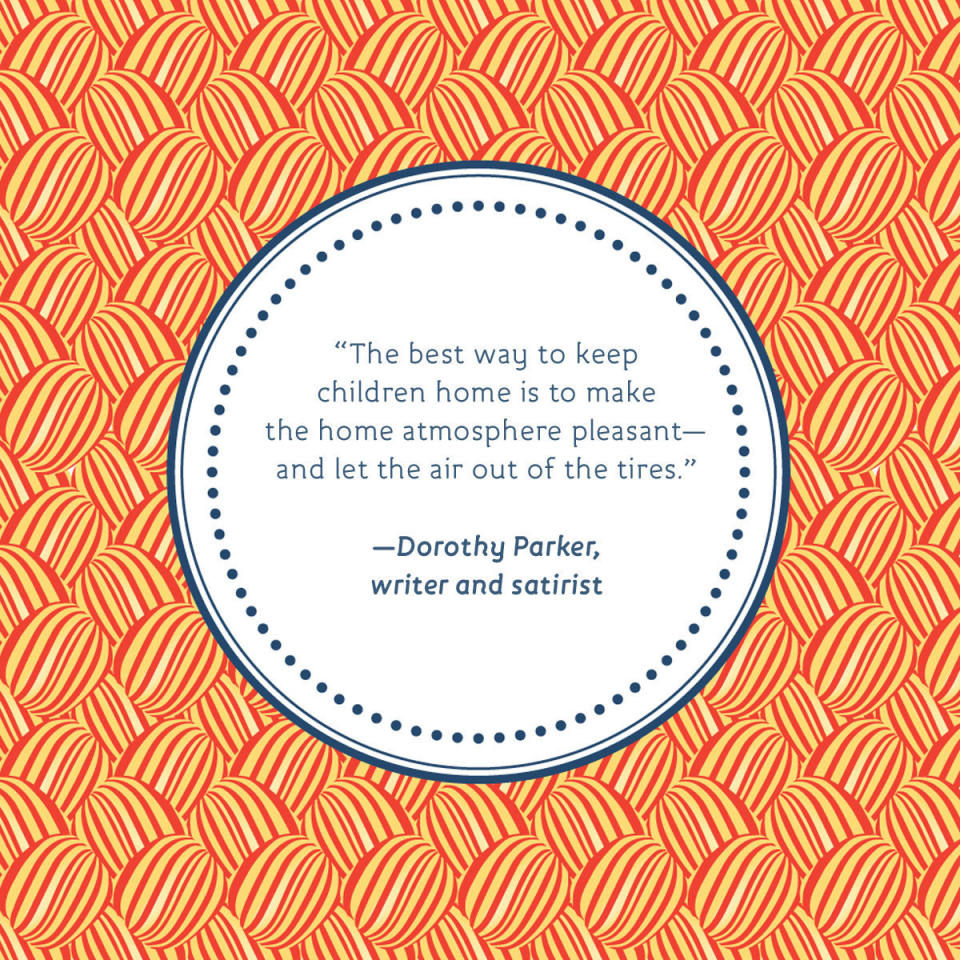

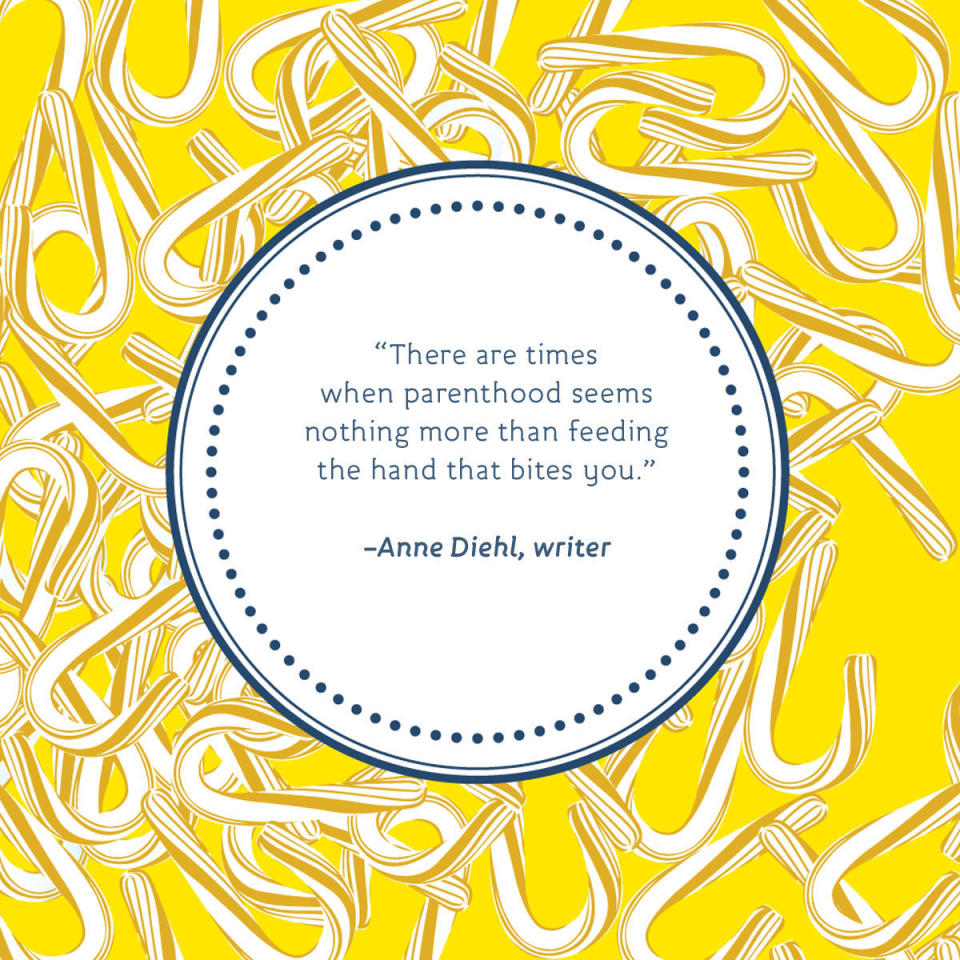
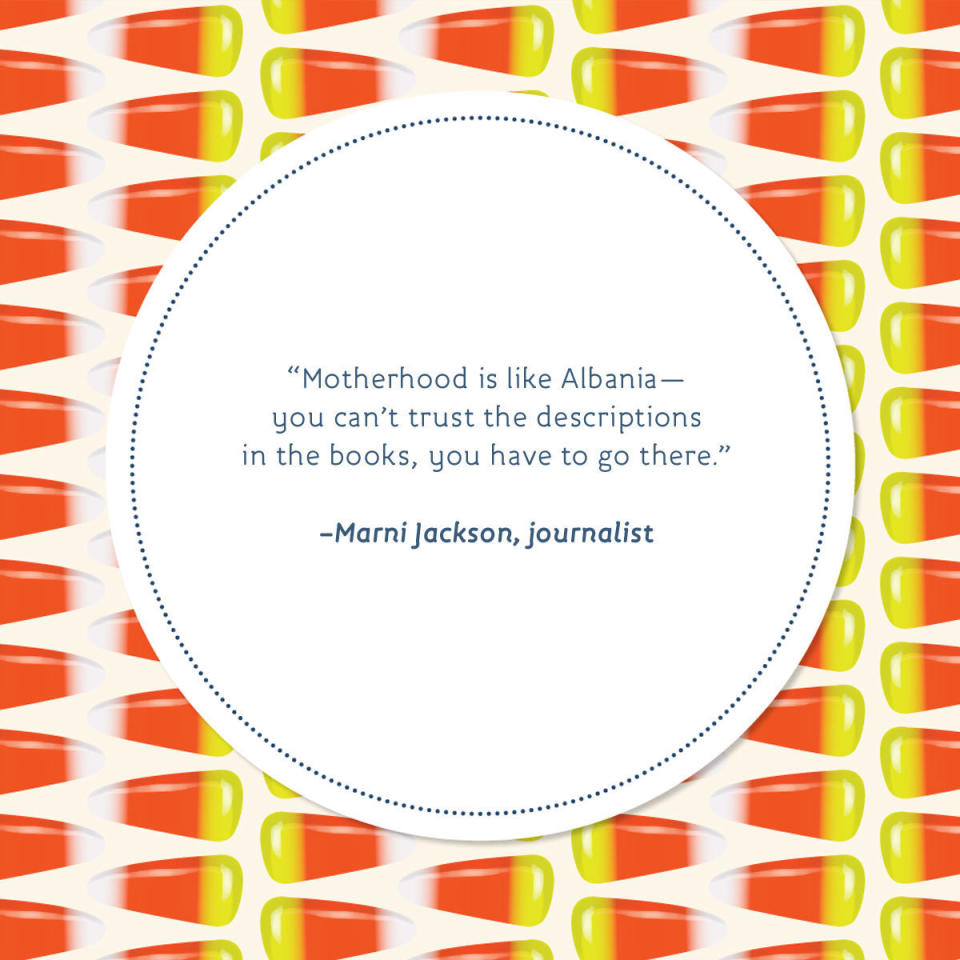

Love HuffPost? Become a founding member of HuffPost Plus today.
This article originally appeared on HuffPost.

